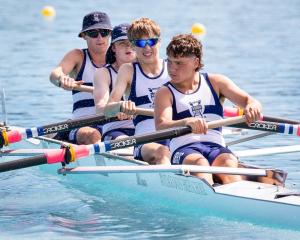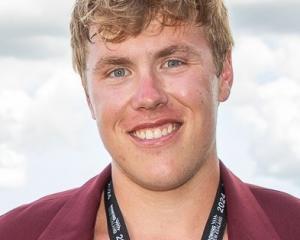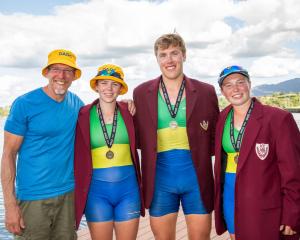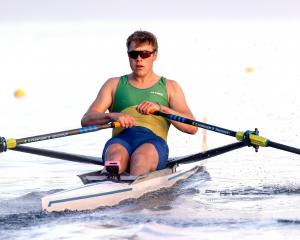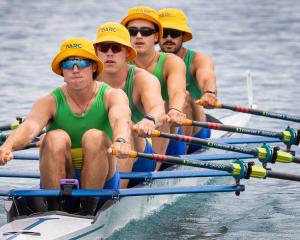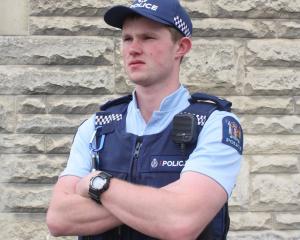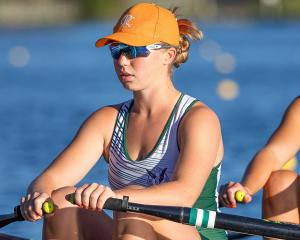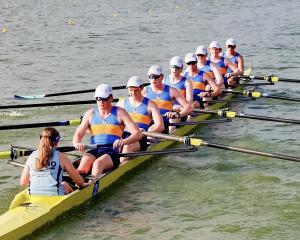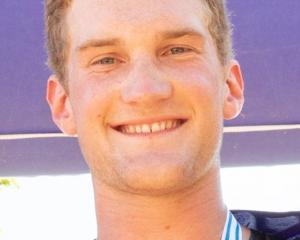The Otago University Rowing Club was determined to turn its misfortune into gold by creating something better.
Aquatics Centre chief executive Glen Sinclair pulled a few strings and enlisted the help of the University of Otago Students Association to build the new centre.
The new facility was completed in 2002 at a cost of $1.4 million and its benefits became clear when seven of its former students competed at the London Olympics.
At the championships at Twizel last week, its five female Olympians had boats christened in their names. They can be used for double sculls or pairs.
It is in line with Rowing New Zealand's policy of concentrating on small boats that brought success at the London Olympics.
The boats are named after Olympians Fiona Paterson, Louise Trappitt, Rebecca Scown, Louise Ayling and Fiona Bourke, who all competed in London.
Each of the five boats cost $18,000 for a total bill of $90,000.
The University club renews its stock of boats every four years to make sure the best equipment is available for the students.
The Otago University Rowing Club and the Aquatics Centre has established a tradition of excellence in the last decade.
''We have named the boats after the Olympians to inspire future students,'' Sinclair said.
''We have been successful because we have supplied the boats and equipment and let the rowers get on with their training. They don't have to worry about anything else.''
The project was backed by the Otago University Students Association and the Community Trust of Otago.
''They have given us continuous support for the project,'' Sinclair said.
''We take the rowers to a certain level and the Rowing New Zealand system takes them to the next level.''
Paterson studied health sciences at the University of Otago in 2001, was selected in the New Zealand under-23 team and has trained at Lake Karapiro since then.
She competed in the double sculls in London and retired from the sport after last week's national championships at Lake Ruataniwha.
Trappitt studied physical education in Dunedin from 2004 to 2007 and raced in the quadruple sculls at the Olympics.
Scown studied marketing and art history at the University of Otago from 2002 to 2005 and won a bronze medal in the women's pair in London.
Ayling studied physical education and psychology in Dunedin in 2006 and competed in the lightweight double sculls at the Olympics.
Bourke studied chemistry, accounting and surveying in Dunedin from 2006 to 2009 and was a novice when she started rowing at the Otago University Rowing Club. She competed in the quadruple sculls in London.
The Otago University Rowing Club had single sculls named after Olympic champions Nathan Cohen and Hamish Bond last year. The Aquatics Centre has suffered a setback because Rowing New Zealand's High Performance programme has cut the $30,000 subsidy that is used to fund a coach during the university term.


